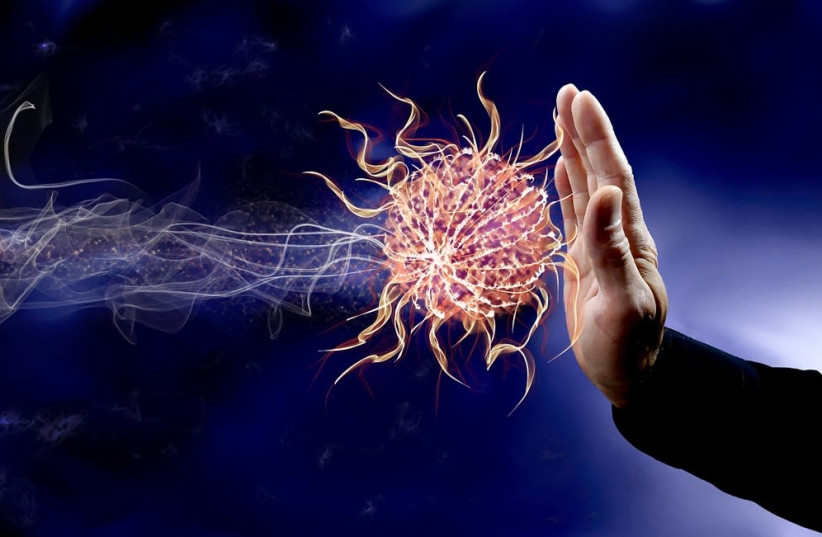Although cancer is generally recognized as a disease in older people, younger people also contract malignancies in the prime of their lives. At the end of 2019, 32,000 patients with cancer were diagnosed in Israel, of which some 3,200 were aged 20 to 44.
The Knesset Youth Committee, which met on Wednesday, discussed the fact that young people recovering from malignancies carry the effects of the disease for the rest of their lives while being part of the country’s growth engine of the economy, society and culture.
Committee chairman Labor MK Naama Lazimi called on the Health Ministry to invest in the training of doctors and nurses in the treatment of young convalescents and to find a budget to establish clinics suited especially for them. She said she had initiated the first law to grant sick pay from the first day for cancer and kidney patients
According to Zohar Jacobson, the president of Halasartan – a voluntary organization active on behalf of young cancer victims – told the committee that doctors, clinics and hospitals have a lack of recognition of the need for complementary medicine for these patients.
More young people get cancer
The organization’s director, Shira Kuperman, added that in Israel and worldwide in recent years, there has been an increase in the rate of cancer among young people. “Upon completion of the treatments, the medical, social support and economic support that helps young cancer survivors is disappearing. Recovering patients have to undergo continued follow-up and treatment in the community and lack a therapeutic safety net as well as understanding and personalization of their condition. They face a medical team that has not been trained to treat young cancer survivors,” she continued.

Often, those recovering from cancer suffer from severe side effects and new chronic diseases that seriously impair their daily functioning and the possibility of returning to the circle of life. The establishment of a convalescent clinic in the health funds and in the community would provide an answer for two to five years for a young convalescent, taking into account follow-up tests, side effects and rehabilitative psychological treatment. A few such experimental clinics have already been established in Israel, and the National Insurance Institute recognizes the need for them.
Yesh Atid MK Karine Elharrar praised the initiative of the organization and declared that investing today will save much larger expenses tomorrow.
According to Dr. Naama Verbin, a district doctor in Maccabi Health Services who worked to establish such a convalescent clinic said that returning to life is difficult emotionally, occupationally and as a couple. “We created a clinic with a team in all medical professions according to the needs of the convalescents. We are working to establish similar clinics in other Maccabi districts and in the other health funds,” she said.
Dr. Eric Litvin, a plastic surgeon at the Rabin Medical Center-Beilinson Campus in Petah Tikva who is himself recovering from cancer, stated that the system is not aimed at recovery but at treating disease. Dr. Dana Barnea, director of cancer recovery at Tel Aviv Sourasky Medical Center, said that every person who recovers from cancer and is treated at the hospital undergoes an evaluation of the needs, gaps and deficiencies in returning to life, and called for cooperation on the issue between the hospitals and the community
Lior Levy from the “Bigger than Life” association told about an activity for young patients to finance medicines that are not in the health basket including psychological treatment, planning trips during the illness and financial assistance.
Orit Shapira of the Israel Cancer Association said that without state aid, not enough healing clinics would be established.
Dr. Yaron Sahar, head of the Health Ministry’s rehabilitation division at the Ministry of Health, provided a long list of responses needed by recovering patients.
Emek Medical Center oncologist Dr. Ayelet Turjeman admitted that medicine has no explanation for the increase in the incidence of cancer in young people in recent years and spoke about integrated medicine provided at her hospital in Afula.
